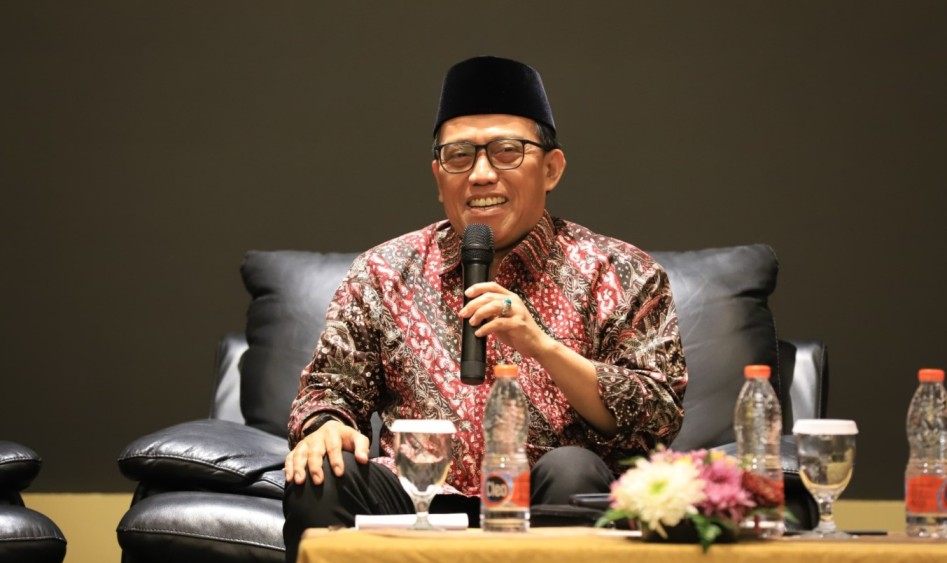Indonesia’s digital economy in 2030 to reach 210-360 billion USD

Indonesia’s digital economy is expected to grow fourfold, supported by the peak demographic bonus in 2030, namely 68 percent of productive age, including Gen Y, Gen Z, Gen A.
Jakarta (Indonesia Window) – Indonesia’s digital economy is expected to grow fourfold in 2030, reaching 210-360 billion U.S. dollars, the country’s President Joko Widodo said while attending the Indonesian Digital Finance Economy and Creative Work Festival at the Jakarta Convention Center (JCC), Thursday.
Digital payments is expected to grow 2.5 times by 2030, reaching 760 billion dollars, the president noted, adding that Indonesia’s digital economy can be achieved because this largest archipelagic country in the world is supported by the peak demographic bonus in 2030, namely 68 percent of productive age, including Gen Y, Gen Z, Gen A.
In addition, currently the number of active mobile phones in Indonesia has reached 354 million, which exceeds the current population of 280 million, Widodo said as quoted by the Indonesian Cabinet Secretariat in its written statement.
“This means that one person can have more than one mobile phone. With the number of internet users reaching 185 million, it is also a very large number. The potential is very large,” he said.
The head of state emphasized that digital transformation, especially in the economic and financial sectors, is very important, and this is increasingly driven by the rapid development of technology, including the application of Artificial Intelligence (AI) in various sectors, including those on admin, services and entertainment.
With 64 million MSMEs (Micro, Small and Medium Enterprises), President Widodo highlighted the great opportunity for Indonesian MSMEs to adapt to this digital transformation.
“The digitalization of MSMEs will boost the growth of our digital economy and digital payments,” the president explained, while emphasizing that digital transformation in MSMEs must be inclusive and equitable, so that people on the margins, lower economic classes, micro-economy, and MSMEs can get the same access, opportunities, and protection.
The president also instructed the Financial Services Authority (OJK) and Bank Indonesia (BI) to increase public protection in the digital economy sector.
“Our financial literacy is still low. As far as I can remember, approximately 50 percent of the people is still vulnerable to the risk of fraud and digital crime. Therefore, prepare a consumer protection system. Ensure the security of consumer data. Don’t make the lower-class of people lost,” he said.
On the occasion, President Widodo also launched the blueprint for the Indonesian Payment System 2025-2030.
Reporting by Indonesia Window

.jpg)








